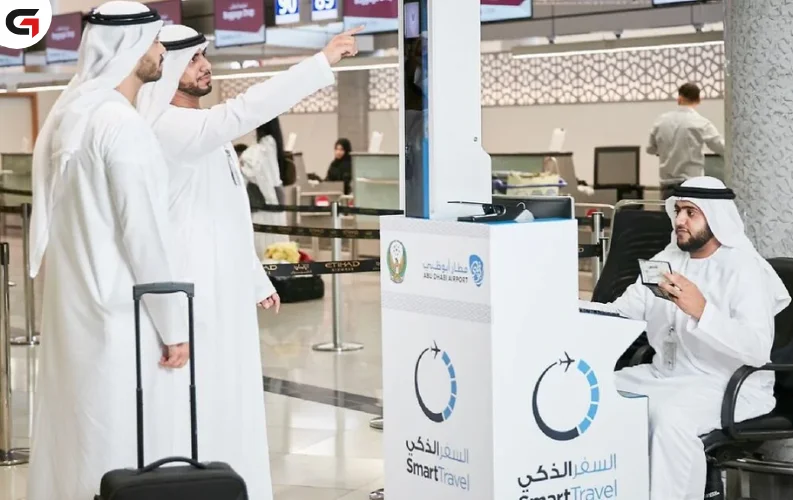UAE airports, particularly in Abu Dhabi and Dubai, are setting new global benchmarks in digital innovation and operational efficiency, according to Selim Bouri, President for the Middle East and Africa at SITA, a global leader in air transport IT and communications.
Speaking to Emirates News Agency (WAM), Bouri highlighted the UAE’s strategic commitment to advanced digitalisation, especially as the country manages rising international passenger volumes. He praised the deployment of the Smart Travel system at Zayed International Airport, calling it a pivotal example of integrated biometric identity processing that enhances passenger flow and security.
Since the launch of the airport’s new terminal in November 2023, over one million passengers have been processed using facial recognition technology, cutting waiting times and enabling a seamless check-in-to-boarding experience in under 12 minutes.
This success, Bouri noted, sets the stage for similar digital rollouts across other UAE airports.
Looking ahead, Bouri revealed plans to expand biometric processing, self-service technologies, and contactless travel infrastructure, including automated bag drops, smart boarding gates, and self-check-in kiosks. These enhancements are aimed at delivering convenience while reducing congestion.
Cybersecurity, he emphasized, remains a cornerstone of the UAE’s digital airport strategy. Alongside biometric upgrades, next-generation technologies like 5G, AI, big data, and even sixth-generation wireless networks will power a more connected and secure aviation ecosystem.
Bouri further explained that AI will not replace human workers but will enable intelligent collaboration, supporting flight scheduling, predictive maintenance, baggage automation, and enhanced threat detection.
With major investments and strategic innovation, the UAE continues to shape the future of aviation, reinforcing its global status as a leader in smart, integrated airport systems.




















